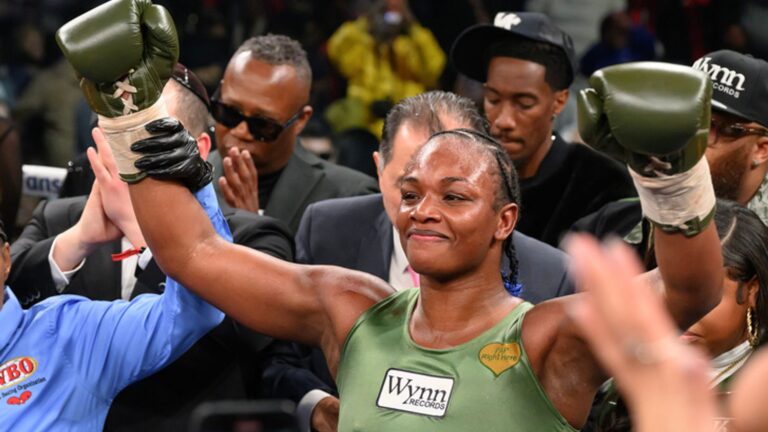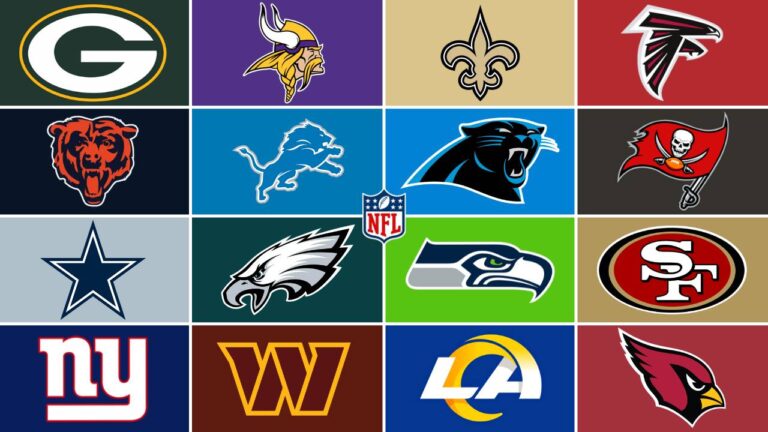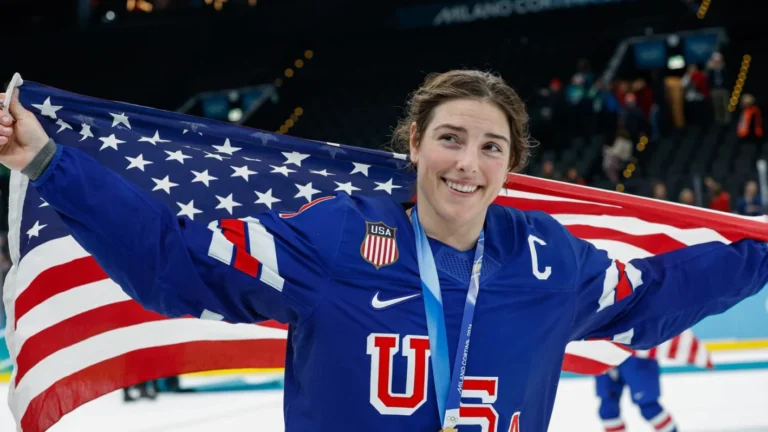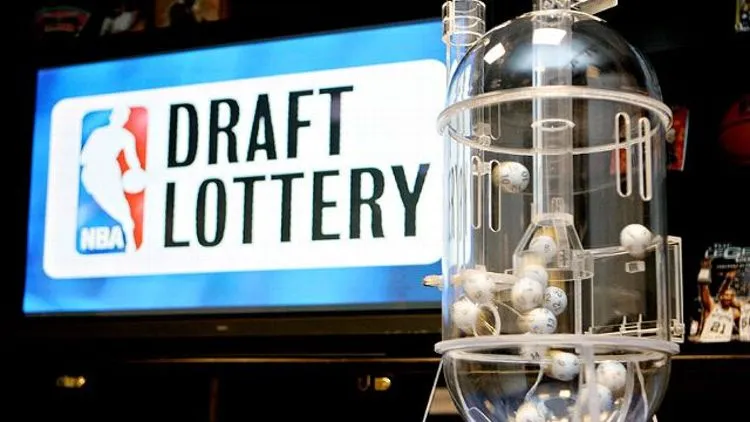
In the summer of 2026, the FIFA World Cup is coming to North America, and for the United States in particular, it’s a historic moment. The beautiful game, long considered a niche sport in the U.S. compared to American football and basketball, will take center stage on home soil. But as the world prepares to tune in, questions about America’s relationship with soccer, global politics, and even lawn maintenance are surfacing—yes, seriously, lawn maintenance.
While hosting the World Cup signals the United States’ growing influence in international soccer, it also highlights how far behind the country still is when compared to Europe, especially when it comes to infrastructure and culture. In Europe, soccer is not just a sport—it’s part of daily life, political identity, and national pride. Stadiums like Real Madrid’s Santiago Bernabéu are equipped with retractable natural grass systems and climate-controlled chambers beneath the field. These aren’t just playing surfaces—they’re high-tech gardens engineered for perfection.
By contrast, most major American stadiums were not designed with soccer in mind. Many host NFL games, concerts, and other large-scale events, often relying on artificial turf or multi-purpose surfaces. For FIFA, which requires natural grass for World Cup matches, this poses a challenge. U.S. venues such as MetLife Stadium in New Jersey must install temporary grass fields over concrete turf bases. This effort, while well-intentioned, is similar to putting a wig on a cue ball and hoping for the best. The concern isn’t just aesthetic—players have voiced worries about injury risk, ball bounce, and overall game quality on these makeshift surfaces.
Yet, the decision to award hosting rights to the United States (along with Canada and Mexico) goes beyond sports. It’s a global political play. Hosting the World Cup is a massive diplomatic moment—an opportunity to promote values like inclusion, progress, and international unity. For a country that has struggled with its global image in recent years, welcoming fans from around the world is a strategic soft power move. Political leaders will almost certainly seize the opportunity to make statements, stage photo ops, and try to turn soccer fever into approval ratings.
At the same time, this global spotlight may pressure the U.S. to invest more seriously in soccer. While the country has produced a growing number of international-level players and built a steady MLS following, soccer still competes for mainstream attention. A successful World Cup showing, both in terms of logistics and performance, could transform the sport’s long-term trajectory in the U.S.
Still, Europe watches closely. To some die-hard European fans, America hosting the World Cup is like giving the keys to a Ferrari to someone who’s only ever driven a golf cart. There’s skepticism about whether the U.S. truly understands the cultural gravity of the event, or if it’s simply throwing a giant sports festival with fireworks, celebrities, and questionable grass.
In the end, the 2026 FIFA World Cup will be more than just a series of games—it will be a case study in international cooperation, national identity, and turf technology. As the U.S. prepares to host the world, one thing is clear: the stakes are high, the politics are real, and someone should probably check the lawn.
Author Profile
- Tessa Winkleman is a dynamic scholar-athlete and aspiring sports law professional. Raised in Las Vegas before heading to Michigan (Go Blue!), she earned a Division I volleyball scholarship to St. Francis College in Brooklyn. After transferring to Hunter College, she led her team as MVP, earning numerous athletic and academic honors. Tessa has interned at McShane & Bowie LLP and the PREA Investigation Unit at Rikers Island, combining her passions for justice and advocacy. She is set to pursue a master’s degree in Sports Law and Management at the Universidad Europea de Madrid, in partnership with Real Madrid FC.
Latest entries
 PoliticsJuly 10, 2025Courtside Diplomacy: How Tennis Became the Quiet Power Player in Global Politics
PoliticsJuly 10, 2025Courtside Diplomacy: How Tennis Became the Quiet Power Player in Global Politics BusinessJuly 9, 2025Red, White, and Grass Stains: What the 2026 FIFA World Cup in the U.S. Says About Soccer, Politics—and Lawn Care
BusinessJuly 9, 2025Red, White, and Grass Stains: What the 2026 FIFA World Cup in the U.S. Says About Soccer, Politics—and Lawn Care SportsJuly 4, 2025Gold Medals, Clean Reputations? The Curious Case of Sportswashing in 2025
SportsJuly 4, 2025Gold Medals, Clean Reputations? The Curious Case of Sportswashing in 2025 TennisJuly 3, 2025Ben Shelton Serves Up A Racket: When Tennis Meets Politics at Wimbledon
TennisJuly 3, 2025Ben Shelton Serves Up A Racket: When Tennis Meets Politics at Wimbledon







